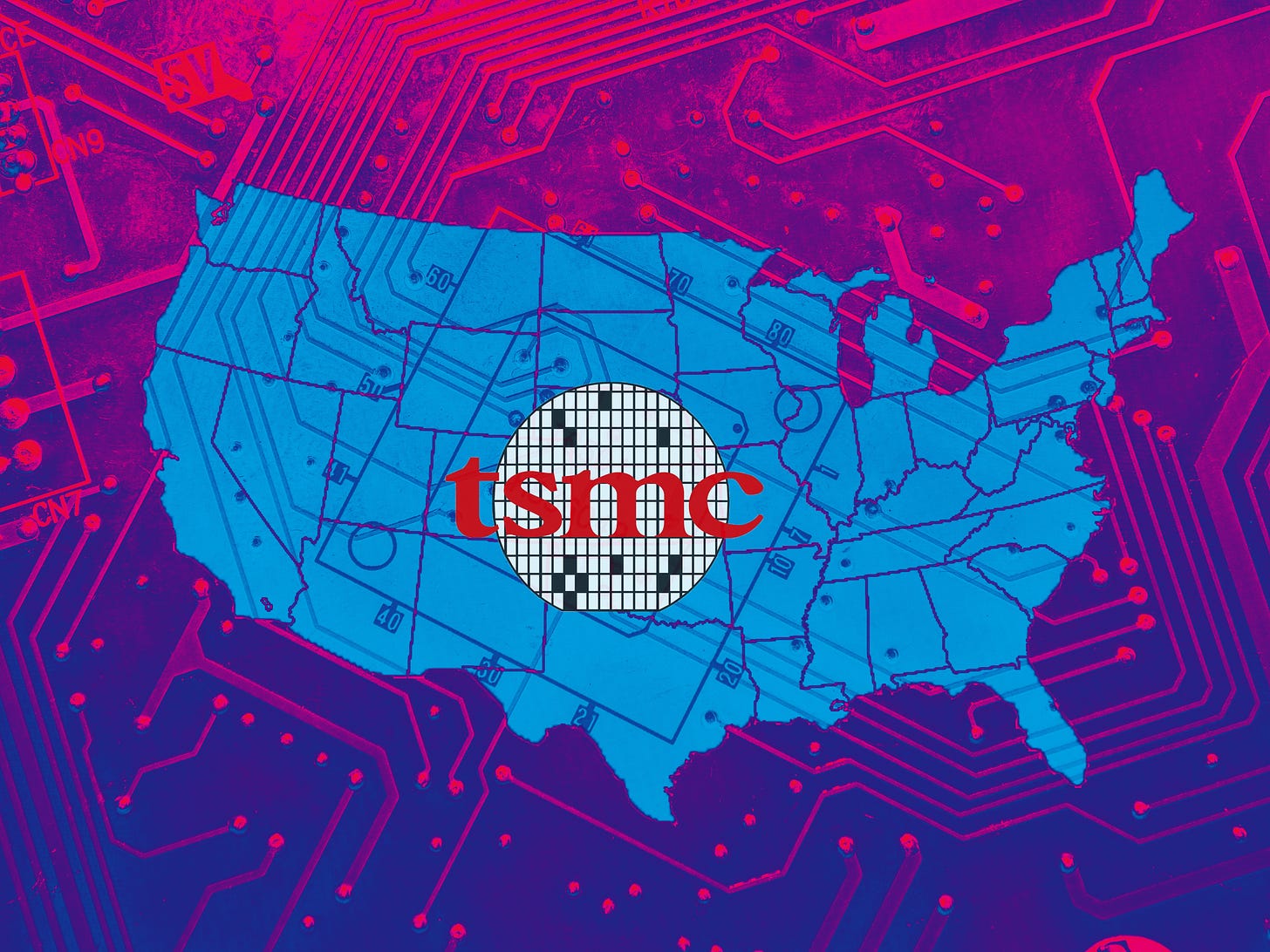TSMC May Face US$1 Billion Penalty, According to Reuters
U.S. Department of Commerce said to be investigating the foundry leader for potential violation in export control regulations over previous Huawei chip finding
A Reuters report quoting two sources said that Taiwan Semiconductor Manufacturing Company (TSMC), the world’s largest contract chipmaker, is under investigation by the U.S. Department of Commerce for potentially violating export control regulations. The inquiry centers on chips manufactured by TSMC for a China-based design company Sophgo (算能), which allegedly ended up in Huawei’s advanced Ascend 910B AI processor.
Huawei, a key player in China's AI chip ambitions, is on a U.S. trade blacklist that restricts its access to goods made with American technology. If found guilty, TSMC could face penalties exceeding $1 billion, according to Reuters sources. That figure is calculated as up to twice the value of transactions that violated export rules.
The scrutiny stems from the use of U.S.-origin technology in TSMC’s chipmaking equipment, which subjects its Taiwan-based factories to American export controls. These regulations prohibit TSMC from producing advanced chips for Huawei or other Chinese entities without a U.S. license. Lennart Heim, a researcher at RAND Corporation, noted that TSMC should have avoided manufacturing chips for Sophgo due to the risk of diversion to Huawei. In response to earlier findings by TechInsights that linked TSMC chips to Huawei processors, the company suspended shipments to Sophgo last fall and halted exports of advanced chips to China under Commerce Department orders.
The timing of the investigation is sensitive, coinciding with U.S.-Taiwan trade renegotiations and heightened geopolitical tensions. While TSMC has pledged compliance with export regulations and denied supplying Huawei since September 2020, the case underscores growing enforcement efforts by U.S. officials. US Commerce Secretary Howard Lutnick recently emphasized stricter penalties for violations as part of broader measures against China’s technological advancements.
TSMC’s situation mirrors past enforcement actions, such as the $300 million penalty imposed on Seagate Technology for exporting hard drives to Huawei. The outcome remains uncertain, but a potential billion-dollar fine would mark one of the largest penalties in export control history. Meanwhile, TSMC continues its significant investments in the U.S., including plans for five new chip facilities as part of a $100 billion commitment announced in March 2025.
The share of TSMC has plummeted by over 12% since Monday. The local market was pounded by panic selling pressure as it resumed trading from a long weekend holiday after US President Donald Trump announced a 32% reciprocal tariff for Taiwan on April 2.
TSMC spokesperson Nina Kao said in a statement to Reuters that the company is committed to complying with the law, emphasizing that TSMC has not supplied to Huawei since mid-September 2020 and that they are cooperating with the Commerce Department.



